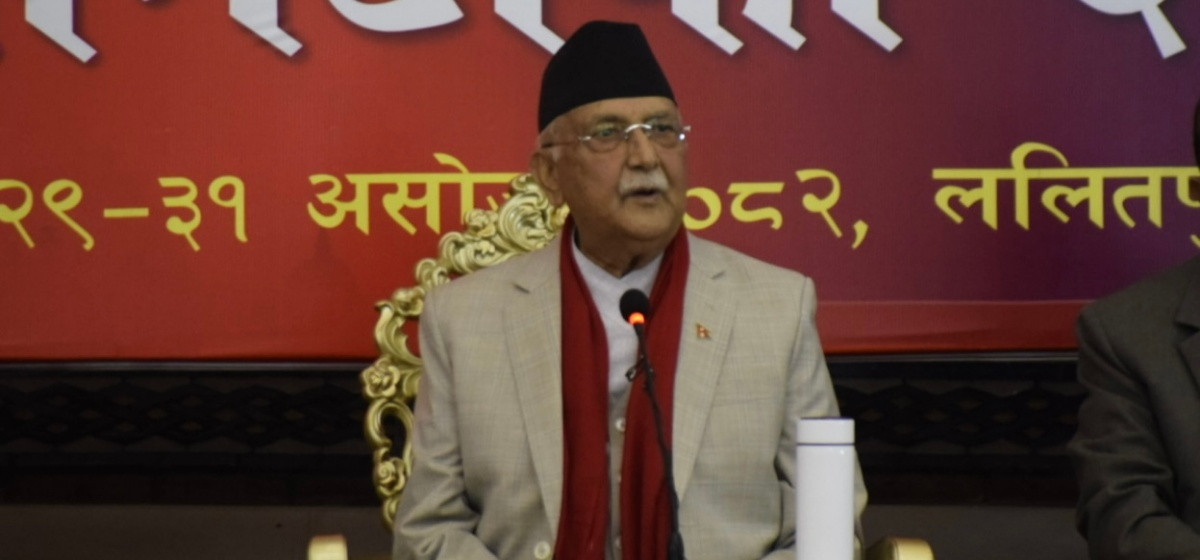KATHMANDU, Aug 29: The death toll from Japanese Encephalitis has reached 20 in Nepal this year, with five more deaths reported just last week. Two deaths occurred in Nawalparasi East, while one each was reported in Nawalparasi West, Banke and Bardiya. Among the deceased, one was under 15 years of age.
Since mid-May, a total of 103 cases have been reported, according to the Family Welfare Division (FWD) under the Department of Health Services, Ministry of Health and Population. The FWD stated that most of those affected are farmers.
Dr. Abhiyan Gautam, Head of the Vaccine Section, said the faster spread of infection compared to last year is a serious concern. “There are already more cases than last year. The higher number of deaths indicates an increased risk,” he said. He added that 30 percent of those infected are children under 15.
9 people die from Japanese Encephalitis in this season

Last year, 25 people died from Japanese Encephalitis by Kartik (mid-October to mid-November). Dr. Gautam said that the intensified case search program this year may have identified more infected people earlier than usual. Due to the increased risk, the FWD has been raising public awareness and urging precautions through various channels.
According to doctors, humans are infected with the Japanese Encephalitis virus when bitten by Culex mosquitoes. After infection, symptoms such as severe headache, fever, and unconsciousness may appear. The virus can affect the brain, and some cases result in death. Among 250 infected people, one develops severe symptoms.
Doctors say that among those showing severe symptoms, 30 percent die. The remaining 70 percent may suffer lifelong disabilities, including hearing loss, facial paralysis, loss of taste or smell, speech difficulties, and memory impairment.
Doctors also note that Culex mosquitoes bite in the evening, morning, and daytime, increasing the risk of infection. However, not all infected people show severe symptoms. Since severe symptoms carry a higher risk of disability and death, avoiding mosquito bites is the best prevention.
Considering the current situation, the infection is more common in older age groups than in vaccinated children under 15, putting adults at higher risk. Children who have missed the vaccine are also at high risk of Japanese Encephalitis. The risk of the disease remains until Kartik, and avoiding mosquito bites and destroying their breeding sites are the only effective preventive measures.

































